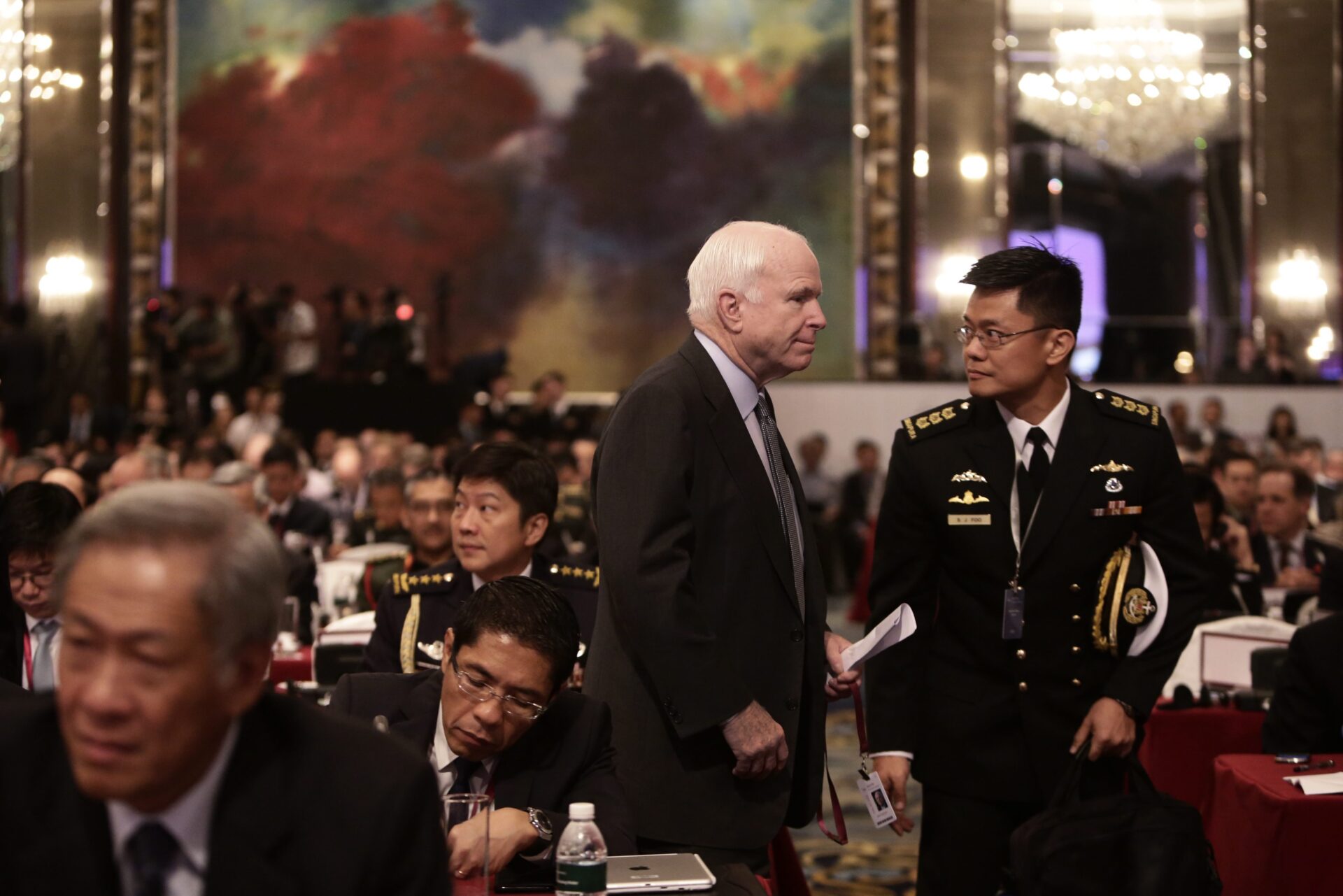The increasing importance of India-Africa maritime security cooperation to meet the challenges of the 21st century will be reflected in the talks…
The increasing importance of India-Africa maritime security cooperation to meet the challenges of the 21st century will be reflected in the talks between Indian and African leadership during the forthcoming India-Africa summit in October.
The third edition of the four-day India-Africa Forum Summit, starting October 26, will enable consultations at the highest political level between the heads of government of 54 African nations and the Indian government to give a new thrust to the age-old partnership.
Senior officials at the Ministry of external affairs told FE “almost 40 heads of government from the region are expected to attend the summit. Since the last date for confirmation is September 30, more leaders are expected to confirm their attendance.”
Recently while presenting her government’s report card on Foreign Policy, external affairs minister Sushma Swaraj had said, “We are interested in Africa’s economic growth and its integration with global economy. Our bilateral trade and investments are both growing rapidly and we have also extended Duty Free Tariff Preference (DFTP) scheme to Least Developed Countries.”
“With the substantial trade and investments, Africa is frontier of new opportunities. We are also actively engaged in economic development, human resources development, capacity building, agriculture and food processing, infrastructure development and maritime security through its flagship programme of India-Africa Forum Summit (IAFS),” she added.
With, lack of governance in the Horn of Africa, and East Africa emerging a resource-rich region, there is a necessity of expanding cooperation between India and Africa to address emerging threats such as piracy, mitigating energy shortfall as well as for capacity building and infrastructure development for better managing the natural resources.
According to sources in the Indian Navy, “With India’s economic engagement with the African countries growing, it has sought to gradually expand its sphere of influence in the Western Indian Ocean. Indian Navy’s outreach on its Western flank has resulted in noteworthy maritime endeavours.”
Last week, defence minister Manohar Parrikar commissioned R25,000 crore INS Vajrakosh, a naval station near Karwar in Karnataka. Together with INS Kadamba, 20 km away, it is now the world’s largest naval base east of the Suez Canal. Spread out over 1,000 acres, the new naval base would be the home base for the bulk of the Indian Navy’s strength on the western coast.
“This is one of the most modern naval bases and in terms of its importance in the region, it means that in case there is a requirement the Indian Navy can deploy its ships immediately without delay,” said an officer.
At the new naval base, the Indian Navy will be positioning two aircraft carriers — INS Vikramaditya and the indigenously built INS Vikrant — over 20 submarines in underground pens and 47 warships. Besides, it will also have a Naval air station that will base the Boeing P-8i, an advanced maritime surveillance aircraft that is known as ‘Poseidon’. The facility will also feature a helicopter base.
As of now, the INS Vikramaditya and over 30 ships are being docked at the Karwar naval base. “The underground pens for the submarines will give additional stealth to the fleet. Unlike Bombay, where submarines are docked in the open and easily spotted by satellites, docking submarines inside pens will make invisible to prying eyes,” a senior Naval officer said.
The lack of governance and ineffective security apparatus in the coastal areas of the African continent have resulted in favourable conditions for the growth of terrorism, piracy, drug trafficking, gun running, and other illegal activities.
“India has been making efforts in capacity building and sharing best practices with regional coastline countries through a number of activities such as bilateral naval exercises, regular ship visits, training, transfer of naval hardware, and sharing of intelligence, “ the officer explained.
According to Institute of Security Studies paper, “Indian Ocean ports handle about 30 % of global trade and half of the word’s container traffic traverses the ocean. However, the Indian Ocean has some of the world’s most important choke points, notably the Straits of Hormuz, Malacca, and the Bab el Mandeb. As these choke points are strategically important for global trade and energy flow, a number of extra-regional states maintain a naval presence in the Indian Ocean.”


